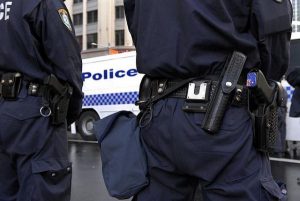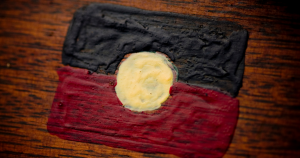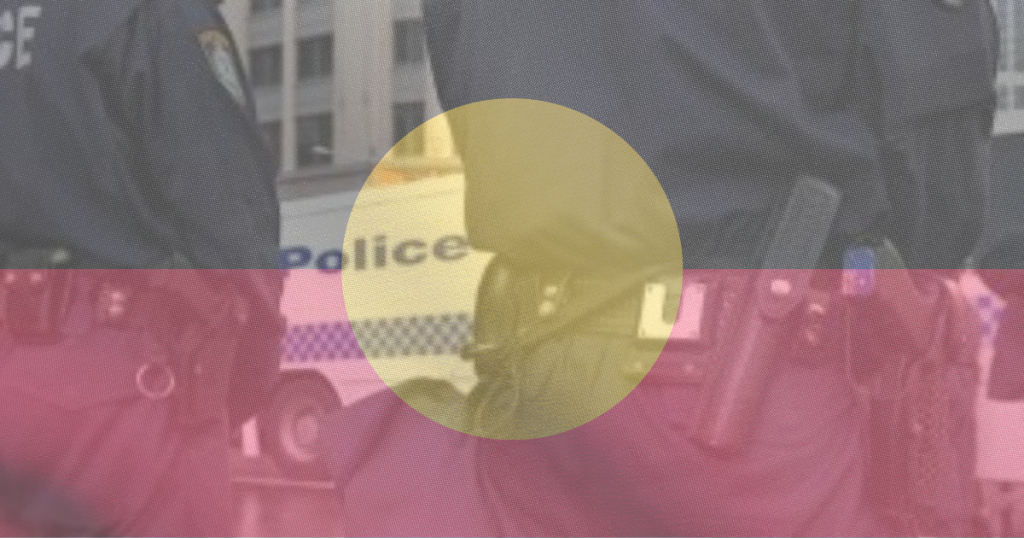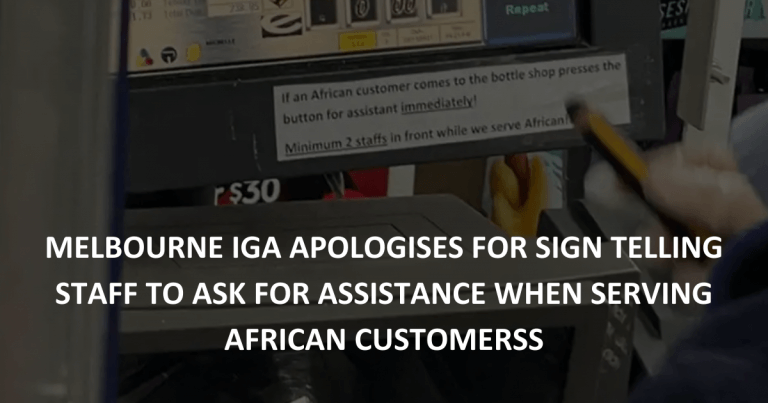 The NSW Bureau of Crime Statistics and Research (BOCSAR) has released its evaluation into the use of the NSW Police’s Suspect Targeting Management Plan (STMP) – a secret blacklist used to target First Nations (indigenous) children.
The NSW Bureau of Crime Statistics and Research (BOCSAR) has released its evaluation into the use of the NSW Police’s Suspect Targeting Management Plan (STMP) – a secret blacklist used to target First Nations (indigenous) children.
The STMP is a secret NSW Police policy that is used by police to target individuals for pro-active attention including random personal searches and home visits at all hours of the day. The STMP however usually targets young children and especially young First Nations children.
In a report by the Law Enforcement Conduct Commission in 2018, 72% of the cohort investigated by LECC were identified as Aboriginal or Torres Strait Islander, despite making up 3% of the state.
An appalling practice target First Nations kids
BOCSAR notes a modest reduction in property offences. However we note that the extensive damage that the program causes to First Nations people does not weigh up this alleged gain.
Greens MP and spokesperson for Justice David Shoebridge outlines the extremely negative impact the STMP has.
“This is a racially biased program that is aimed directly at First Nations people,” Mr Shoebridge stated.
“Whatever minor impact this program may have on reducing property crime it is overwhelmed by the negative impact it has on First Nations people.”
In one case a 16 year old was stopped and searched 23 times in 10 months. Police records justifying the searches included ridiculous grounds such as the fact that he was wearing Nautica brand clothing, and that people who wear Nautica “are known to commit criminal damage”.
The STMP program was birthed by NSW Police with no legislative support. By design, the program abuses marginal people’s human rights.
“We hear over and over again from First Nations people that they feel like they’re ‘living in an open air prison,’ we hear from First Nations parents anxious that their children are being targeted, abused and assaulted by police,” Mr Shoebridge stated.
 CEO of the Aboriginal Legal Service (NSW/ACT) Karly Warner emphasises the need to support these kids, not pre-emptively punish them.
CEO of the Aboriginal Legal Service (NSW/ACT) Karly Warner emphasises the need to support these kids, not pre-emptively punish them.
“We should be supporting kids to thrive in community and culture. The use of the STMP for kids under the age of 18 should immediately cease,” she stated.
Co-Chair of Just Reinvest NSW Sarah Hopkins urges NSW Police to lead with alternatives.
“We know there are alternatives. Better outcomes are possible when the Police genuinely listen to and work with the Aboriginal communities in their districts and collaborate on community-led ways to support young people and their families,” she stated.
The BOCSAR study into STMP
The study used a limited data set, following young people for 12 months after being placed on the list. It fails to acknowledge the deep lifelong negative impacts on First Nations People.
In some cases, young children who have never been charged with any crimes are on the plan, even though police are aware these children are victims of crime or children at risk.
Repeated, invasive interactions with police have a serious negative impact on the young children it targets. These interactions run head to head with efforts to divert young people from the criminal justice system.
Questionable lawfulness of STMP
The STMP has come under fire from Legal Organisations for its questionable lawfulness.
Public Interest Advocacy Centre spokesperson Camilla Pandolfini outlined the legality of the program.
‘We continue to have serious concerns about the lawfulness of the STMP proactive policing measures, particularly seemingly arbitrary ‘home visits’ and searches that may be conducted without reasonable suspicion.”
Dr Vicki Sentas from UNSW Law believes the long term impacts of this program are
The STMP policy and high-level operational documents are not available to the public, despite being urged to do so by the report of the Legislative Assembly Committee on Law and Safety.
“This policing practice is not transparent and has damaging effects on the relationship between the police and young people,” Ms Pandolfini stated.
If you believe that you are listed on the STMP and want to seek legal advice give us a call on (02) 9261 4281.






